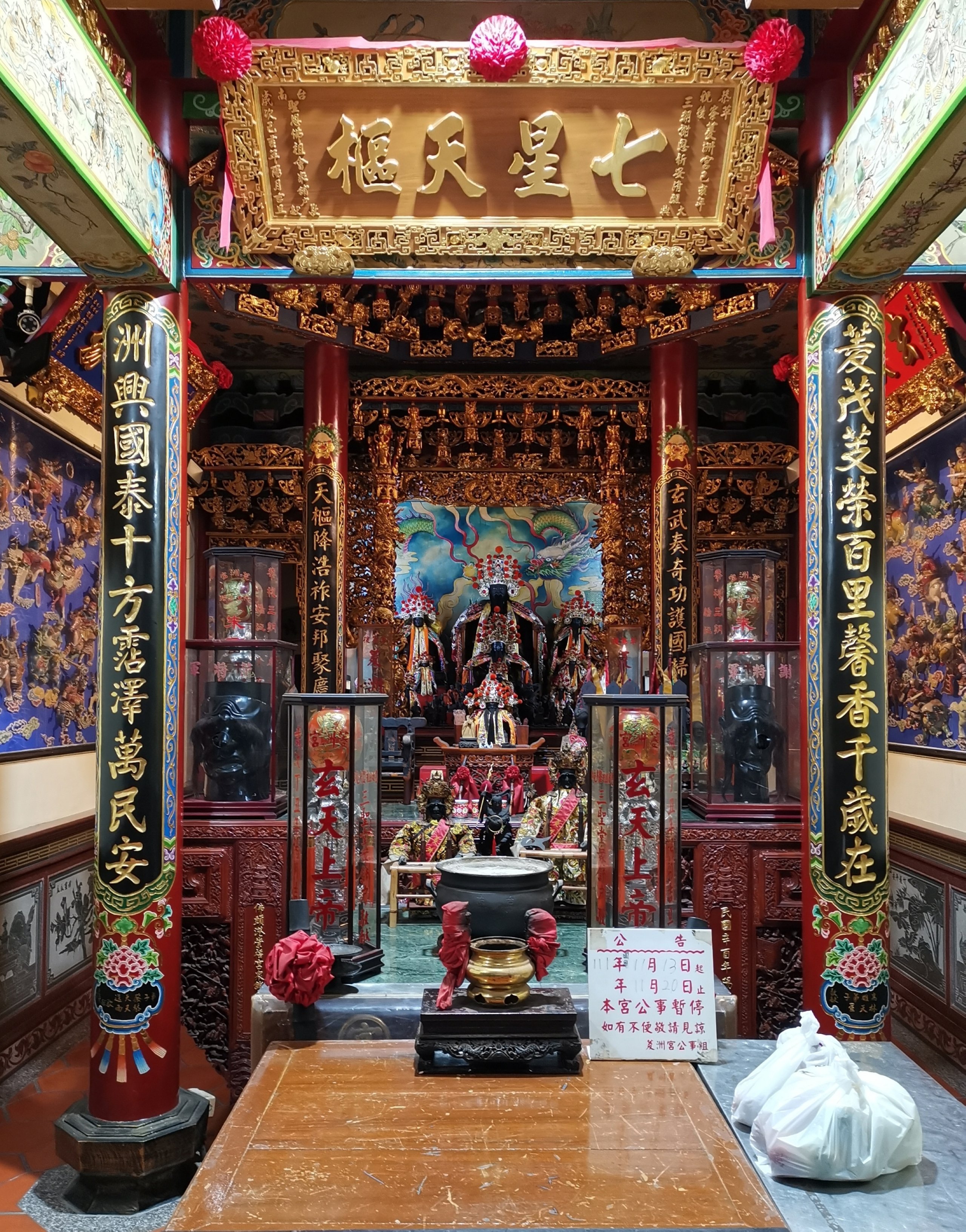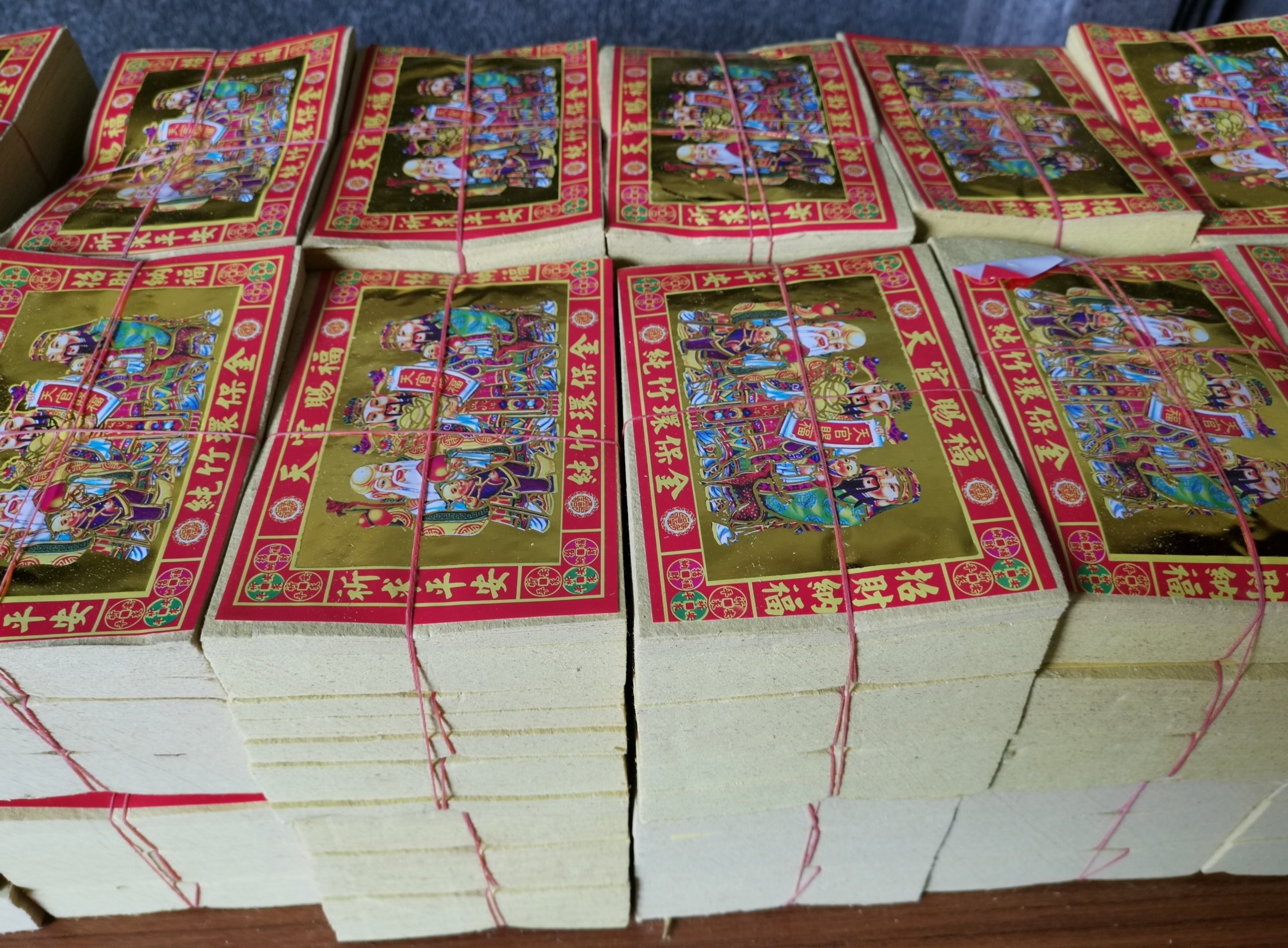© Turkuvaz Haberleşme ve Yayıncılık 2024
There are numerous reasons to visit Taiwan, such as the beautiful beaches in the tropical Kenting National Park, the rejuvenating thermal springs in Wulai, and the lush vegetation adorning the Kinmen Islands.
The island is particularly popular among hikers and mountaineers due to its many peaks. Taiwan is virtually comprised of mountains and is home to 268 peaks towering above the western Pacific, some of them over 3,000 meters high.
But those looking to delve into the island's history and understand its colonial past as well as the tense relationship with mainland China must head to southwestern Taiwan and explore its ancient capital, Tainan. Here are some must-dos when on that quest:

Founded in 1621, Tainan is Taiwan's oldest city and therefore the historic cradle of the island. The region surrounding the city of 1.9 million is among the oldest settled areas of Taiwan. A stroll through Tainan's districts is distinctly less stressful than visiting today's capital, Taipeh. You won't find many skyscrapers but expect to come across an ancient temple on virtually every street corner.
Population density is especially high in the West Central District. On Nanmen Road, visitors can admire the Confucius Temple built in 1666, a significant cultural landmark.
Make sure to also visit the Grand Mazu Temple erected in honor of Taiwan's most popular deity, Mazu, the goddess of the sea. Uniformed employees regularly bring sacrificial offerings to Mazu.
Fuzhong Jie Street is the perfect place to stop for lunch. In the evening head to Shennong Jie, an alleyway lined by many small shops bathed in the dim light of countless orange lanterns.

The National Museum of Taiwan History in Tainan's northern district of Annan is a must-see for all those interested in Taiwan's turbulent history from pre-modern times to the current tensions with Beijing.
A tour of the museum begins with Taiwan's indigenous people, who are still present in the island's south and interior. It documents the period under Dutch colonial rule, the arrival of the Han Chinese during the Ming and Qing dynasties, followed by Japanese rule.
Audio guides and museum labels are available in English.
The brief period under Dutch colonial rule comes to life in Tainan's oldest quarter, Anping. The surrounding area is among the oldest settled areas in Taiwan and lies directly on the Taiwan Strait. About 400 years ago, the geographic location made Anping attractive to the Dutch as a commercial outpost.
Back then, Taiwan was exclusively inhabited by indigenous people who were likely descended from the Austronesian peoples. To this day, Fort Zeelandia, which was established by the Dutch East India Company, is located directly on the bay. Also called Anping Old Fort, it houses an exhibition on the colonial period.
Yanping Old Street in the center of Anping is lined with many shops and restaurants, but there are also numerous, less crowded alleyways to explore.
Wusheng Night Market, also in Tainan's West Central District, is a hive of activity twice a week. Every Wednesday and Saturday from 6 pm, vendors set up stalls where the little ones gamble for stuffed animals, magicians showcase their skills while others offer haircuts or massages.
And naturally, there's tons of Tainan street food to choose from, from sweets to grilled and fried snacks.
For more information on the city's night markets, check out the website of the Southern Taiwan University of Science and Technology, which also offers online language classes.
Several airlines offer daily connections to Taipeh. From there, your best bet is to jump on the High-Speed Rail (HSR) which will bring you to Tainan in 2.5 hours. A return ticket costs about $85. However, the HSR station is located outside Tainan city center and a taxi downtown is another $16.
Alternatively, you can take a bus from Taipeh to Tainan, but that will take considerably longer. If you book your HSR ticket through your airline, you might be eligible for a discount.
Tainan offers hotels in all price ranges. However, private accommodation in the small side streets, for example in the centrally located West Central District, provides the most authentic experience.
The climate is mostly hot and humid in Taiwan's tropical south all year round, so make sure to book accommodation with A/C.
